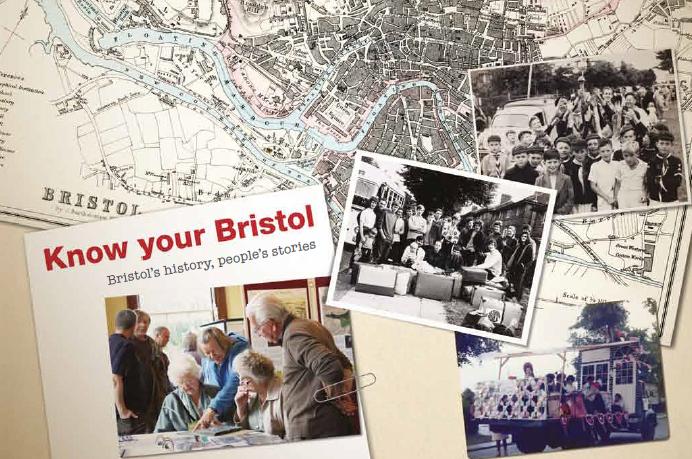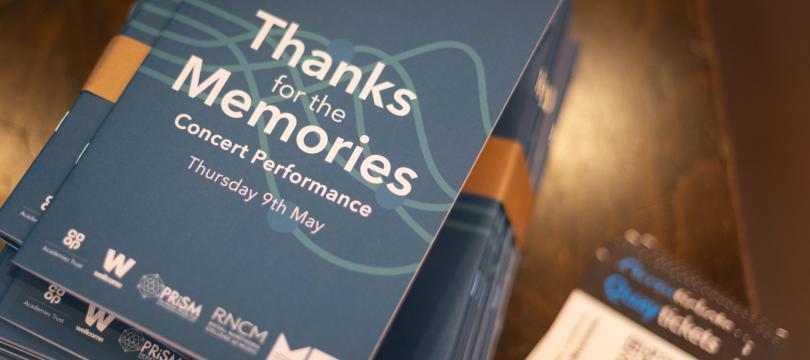Know your Bristol
Know your Bristol (KyB) is a collaborative project between the University of Bristol, Bristol City Council and several local community groups.

University of Bristol
Know your Bristol aims to enable people to explore and co-create research on Bristol’s history, heritage and culture using digital tools. KyB worked with local groups to create a community history layer on the Council’s online interactive map, Know Your Place. On this site, users can peel away layers to reveal historic maps and see how the urban landscape has transformed over time. Creating a community layer meant bringing people together to enrich the map with their own content, including family histories and memories, as well as films, photographs, and historical artefacts. Now publicly available on Know Your Place, these digitised stories and images form part of an ever-growing resource about Bristol’s heritage. Building on this success, KyB has set out to connect with more Bristol residents, especially those whose stories tend to be absent from official histories and maps. This latest phase of the project involves working with eight community groups to create spaces in which people can come together to co-produce knowledge about their city.
To date over 150 new points of information have been uploaded to the community layer and an entire new layer of audio stories that has provided a new facet to the site. Additional outcomes include a booklet showcasing stories from the project and a blog which outlines the project’s progress. The current phase of the project is looking at how the different communities create their own cultural history, using high-tech, low-tech and no-tech tools and techniques. A Knowledge Exchange Fellow is also working with the communities to unpick the challenges and tensions that are faced when developing these co-productive partnerships. KyB has enabled a truly cross-disciplinary collaboration between researchers with a range of academic backgrounds and expertise. It has also provided an opportunity for students to get involved in the project, including MA students in Public History and a PhD student whose work includes a strand of community co-production.

